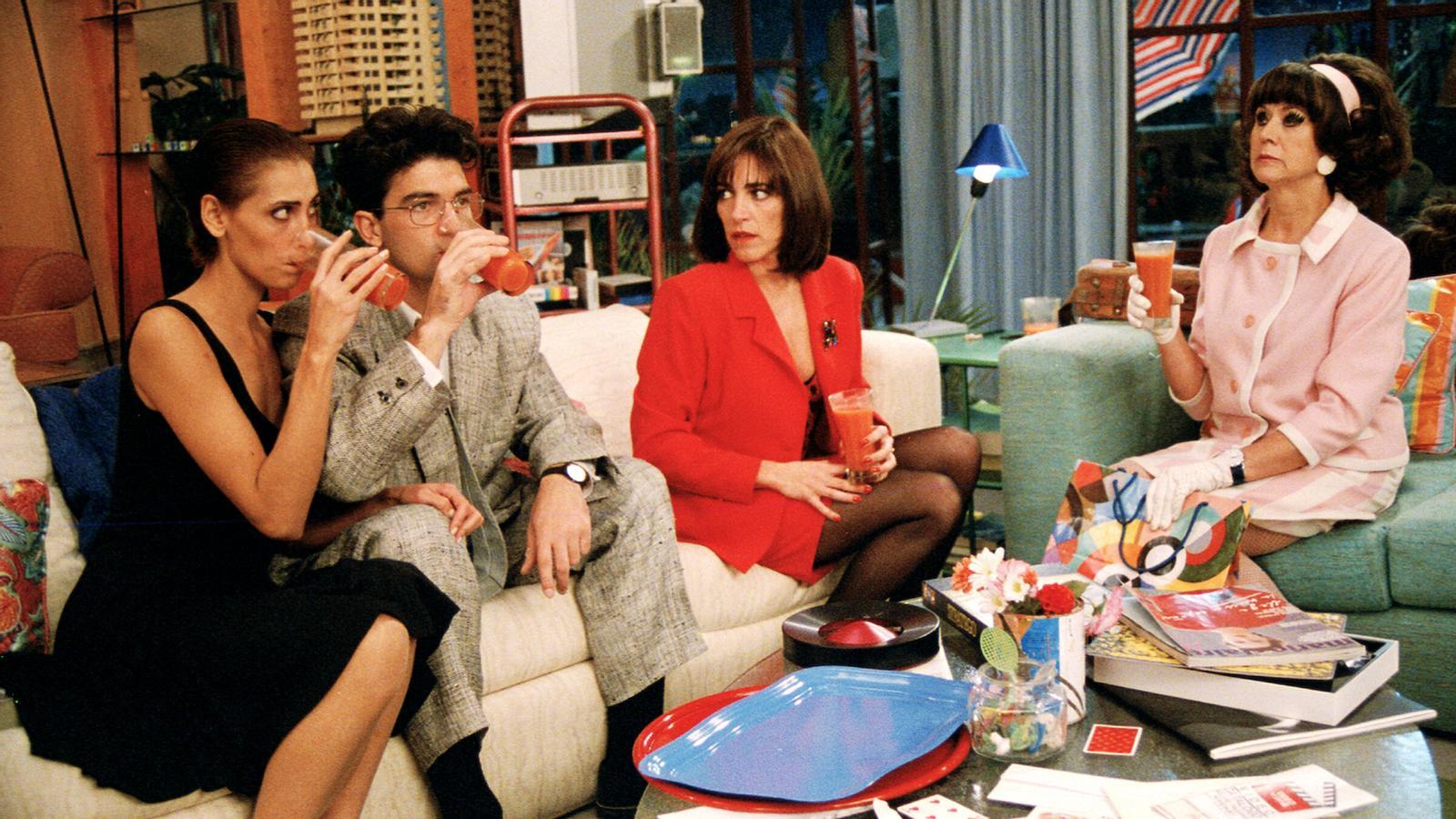Why don't we talk about shitty relationships until they break up?
From within, during a relationship crisis, it seems impossible to ask for help beyond those small trial balloons that are released when the unconscious stops doing its work in the sense of survival.


PalmOne of the moments I've felt most desperately vulnerable was during a relationship drama. And not just because of the drama itself—which was good to handle—but because a friend had found out about everything firsthand. It's not that I couldn't hide it from her, but I just couldn't tell her my way, omitting the details that made me most uncomfortable. I felt naked, unprotected, out in the open. How could it be that what made me feel most in danger about the whole situation was the fact that my friend knew what had happened?
From those moments, now long gone, I remember the anguish of not controlling the narrative, of being unable to create a reality to my liking, of the impossibility of showing my life as I would like to be seen, not as what it really was. Anything I said to defend my relationship could be used against me, because with every effort, I revealed myself to be more imperfect. And I couldn't bear it. My friend's judgment weighed much more heavily on me than any support she could give me in that situation. The fact that her image of me could change was a threat, which made me push away even further. I was only worried about what she would think and whether it would affect her view of my relationship, whether I would ever be able to see it positively.
Sometimes I forget that I, too, can hear all this when a relationship with one of my loved ones goes belly up and all hell breaks loose. Whenever this happens, it's as if they've just surfaced after many months of apnea, without oxygen to their brains. And it's then, with a huge gulp of air, that they manage to release everything that had been happening in the depths of their intimacy. What follows is lamentation, compassion, and a little guilt: How could I have witnessed all this without realizing it? But also some resentment: How could you not have explained any of this to me before? You try not to act offended, because no, that's not your thing.
Or at least that's what you try to tell yourself, while you wonder how it is that, for example, your friend waited a year after breaking up with her boyfriend to explain to you that he made her pay for the sanitary napkins they used to buy together, or that—much more serious still—when he got angry, that he got angry. You also wonder if that friend, the one who cried in your arms when the grief of that breakup had left him wounded, the one who confessed to you in detail how small and insignificant his partner made him feel, didn't trust you enough. Because it turns out it wasn't until much later that he found the courage to put words to the final blow that destroyed him. And you also don't understand how that relative—sister, aunt, cousin—hasn't wanted to vent for a moment during all these years that he's been prioritizing his partner over her, just to keep a relationship that couldn't hold together.
Seriously: why don't we talk about the shitty relationships we're in until they're over? Not to mention when those relationships become abusive or, downright, outright cases of domestic violence. I wonder how it's possible that we tend to protect our partners more than ourselves, that the shame rather than the heartbreak of going through that ordeal alone is greater. I wonder, even though I already know the answer lies in romantic love, the cycle of violence, and an entire system that cradles us from the moment we step foot outside our mother's womb.
From within, during a relationship crisis, it seems impossible to ask for help beyond those little trial balloons that are released when the subconscious stops doing its work in terms of survival. "He gets really jealous when he goes out partying," "He doesn't introduce me to his friends," "I always have to chase him around"; these are the little cries for help that make the suffering bearable. They are the traces of the little things left behind because, if they see us worried, they reach out a hand. And how difficult it is to extend that hand. Your response as the interlocutor—sincere but not judgmental; calm but attentive—will determine whether the little hole that person has suspiciously opened for you, peering into their privacy, will not close again.
Since this task is as complicated as it is crucial, there's nothing you can do but turn to experts, like Carla Vall. Ultimately, it's all as simple as the lawyer's advice in the book Break in Case of Emergency: "If you have someone close to you who has suffered violence, don't treat them with pity, treat them with warmth and empathy. It's terrible when someone you love looks at you and cares for you as if the planet has happened to you. It's serious what they've done to them, that it's not their fault, that you'll be there for whatever they need."
